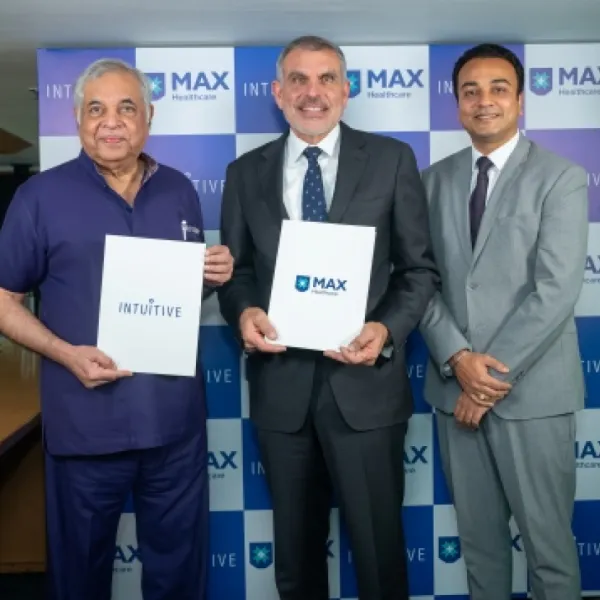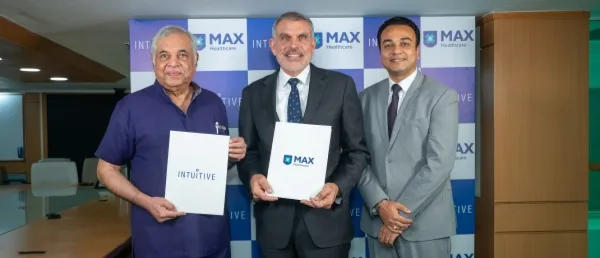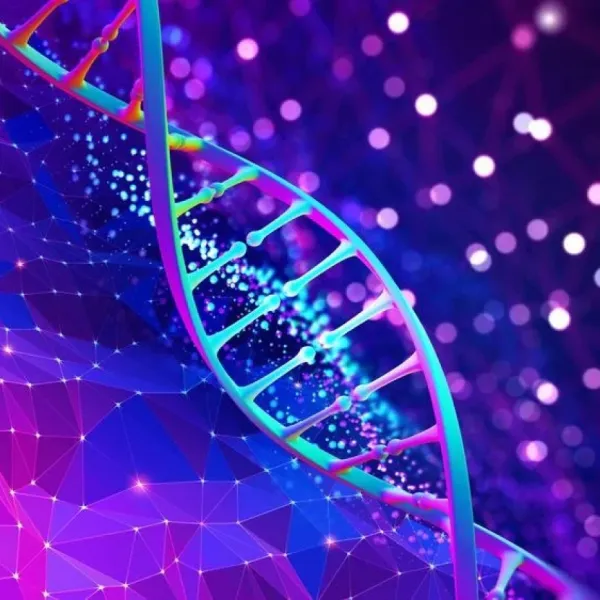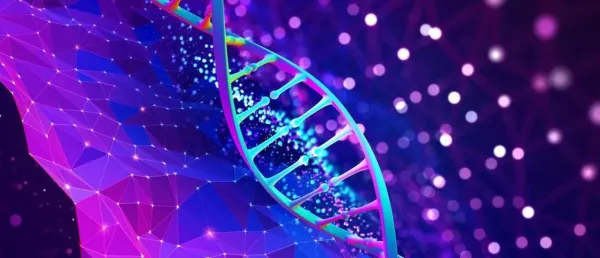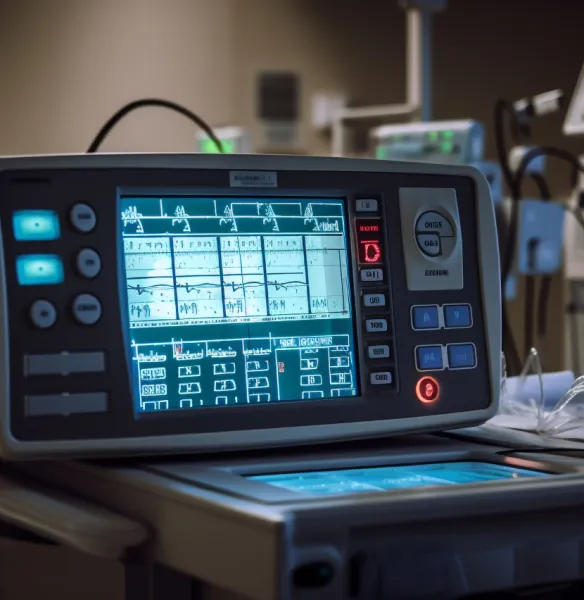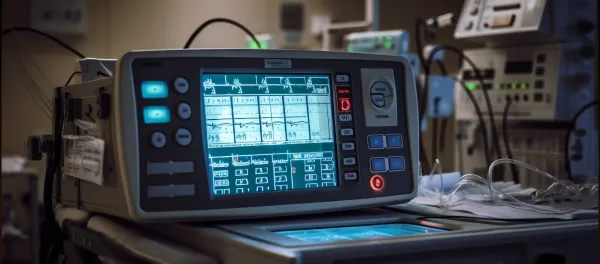Elon Musk's Grok AI Gains Image Analysis Abilities for Medical Use

The AI chatbot, initially launched in November 2023, is designed to interpret a variety of images, including medical tests.
Tech Billionaire Elon Musk has recently announced that Grok AI, the chatbot developed by his startup xAI, can now analyze images, expanding its capabilities to include medical applications.
The AI chatbot, initially launched in November 2023, is designed to interpret a variety of images, including medical tests.
In a post on X (formerly Twitter), Musk confirmed the update, stating, "You can upload any image to Grok for analysis, from medical tests to video games! Just tap the + button or paste the image into the entry bar."

Source: X
Grok AI, which was previously available only to X Premium users, has recently been made accessible to all X users for free. This move aims to broaden the chatbot's reach and utility, particularly in fields such as healthcare where image analysis is crucial.
The introduction of image analysis capabilities is expected to enhance Grok AI's utility in the medical field, offering users the ability to analyze medical records and images more efficiently. The AI's expansion into this domain underscores its potential role in supporting medical professionals and improving patient outcomes through advanced technology.
Launched by xAI, Musk’s AI-focused company, Grok invites users to test its capabilities. While some users report useful insights, others highlight inaccuracies, raising concerns about its reliability for medical purposes.
Musk promoted Grok on X (formerly Twitter), encouraging users to upload medical images and claiming, “The tool is already quite accurate and will become extremely good.”
Responses ranged from positive feedback to alarming errors. One user praised Grok’s analysis of a brain tumor, while others reported mistakes, such as misidentifying a fractured clavicle as a dislocated shoulder or mistaking a benign breast cyst for unrelated body parts.
These mixed results highlight the complexities of deploying general-purpose AI for medical diagnostics. Experts emphasize the need for robust, diverse datasets to ensure accuracy.
Stay tuned for more such updates on Digital Health News.
Stay tuned for more such updates on Digital Health News











